THE ADHERENCE PARADOX - How one of our most common interventions can undermine the very values we champion
Medicines adherence remains one of the most persistent yet under-addressed challenges in pharmacy practice. Despite progress in medicines optimisation and patient safety, the supply of multi-compartment compliance aids (MCAs) continues to dominate responses to non-adherence — too often without any structured or evidence-based assessment. Millions of MCAs are dispensed annually in England, with 75% supplied without prior assessment and fewer than 10% ever reviewed. This contradicts national guidance from the RPS, NICE, and UKMI, and exposes patients to unnecessary risks.
The presentation will highlight the hidden dangers of habit-driven practice: reduced medicines stability, increased error rates, loss of patient independence, medicines waste, and, in some cases, avoidable harm or death. It will draw on evidence from the North East & North Cumbria Medicines Adherence Support Project, which exposed systemic failures and highlighted patient safety risks linked to MCA use.
The session will argue that the profession must reposition adherence support as a matter of clinical decision-making and accountability. By embedding structured, evidence-based assessments — supported by digital tools — pharmacists can better detect root causes, optimise therapy, deprescribe where appropriate, and collaborate with social care.
The call to action is clear: leadership and systemic change are urgently needed to make evidence-based adherence assessment the default, not the exception.
- Understand the scale and risks of medicines non-adherence
- Attendees will gain insight into the prevalence of non-adherence, the overuse of multi-compartment compliance aids (MCAs), and the associated patient safety risks, waste, and systemic inefficiencies in the NHS.
- Critically evaluate current approaches to adherence support
- Attendees will be able to recognise the limitations of habit-driven interventions (e.g. defaulting to MCAs or seven-day prescriptions) and contrast these with national guidance from bodies such as the RPS, NICE, and UKMI.
- Explore evidence-based alternatives for practice transformation
- Attendees will learn how structured, evidence-based adherence assessments — supported by digital tools and integrated with social care — can improve patient outcomes, enable deprescribing, and reduce workforce and system pressures.



)
)
)
)
)
)
)
)
)
)
)
)
)
)
)
)
)
)
)
)
)
)
)
)
)
)
)
)
)
)
)
.png/fit-in/1280x9999/filters:no_upscale())
)
)
)
)
)
)
)
)
)
)